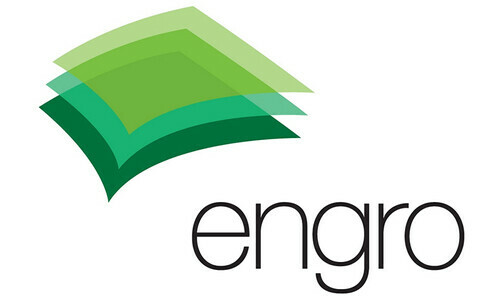DUBAI, July 23: In April this year, a queue of thousands of trucks built up at the Al Ghuwaifat border crossing between the United Arab Emirates and Saudi Arabia.
Weary drivers ate and slept in their cabs, some for as long as several days, because of a slow customs clearance process. It took several weeks to reduce the logjam to normal levels.
The incident underlined the difficulties faced by the six rich oil exporting countries of the Gulf Cooperation Council (GCC) as they edge toward closer economic integration.
Closer business ties within the GCC, which consists of Saudi Arabia, the UAE, Kuwait, Qatar, Oman and Bahrain and has a combined annual output of about $1.4 trillion, could have big repercussions for companies and consumers.
Projects already underway or under study include a customs union, a joint value-added tax and even the introduction of a single currency.
But there are large obstacles to closer integration, including bureaucratic and administrative inefficiencies, as in the case of the border crossing, as well as old rivalries and a desire among smaller Gulf states to retain their autonomy.
Even the countries' wealth sometimes becomes an obstacle; with economies already growing robustly, there is less incentive to make radical changes to achieve faster growth.
“We will not see any picking up the speed on going into the monetary union any time soon,” said Abdulkhaleq Abdullah, a political scientist in the UAE.
“Having said this, it does not mean that the GCC is not going to pick up other aspects of integration and speed up coordination and cooperation at other levels. I see the customs union speeding up in the future.”
Customs union
The GCC launched a customs union — a free trade area with a common external tariff — in 2003; this has largely been successful in removing overt trade barriers within the bloc.
But the full functioning of the project has been delayed by disagreements over a formula on how to divide customs revenues between the governments. In June, the GCC set up a customs union authority to complete the revenue-sharing debate.
“They have the deadline of 2014 to finish everything. Distribution of customs revenues is the main thing,” said a Gulf official familiar with the process.
“It’s more about how to solve it, the distribution and rates.”
Options include dividing revenue from customs according to the level of imports, population or the share of gross domestic product of individual countries, a GCC official said in October.
Labour movement is free for GCC citizens, but this is less important than it might seem since so many workers in the Gulf are expatriates, brought in to man oil rigs and retail and service businesses.—Reuters













































Dear visitor, the comments section is undergoing an overhaul and will return soon.